medicine Articles
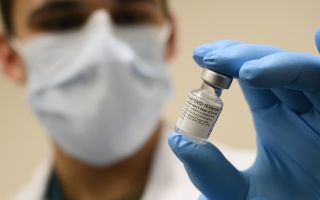
How will COVID vaccines be distributed across the globe?
Lauren Holland discusses the importance of the global vaccination scheme.
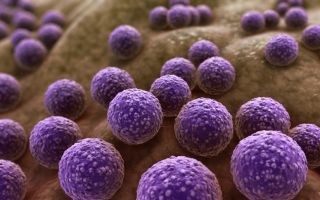
Scientific discovery: Viagra and other happy accidents
From viagra to penicillin, the world would not be the same without these accidental discoveries
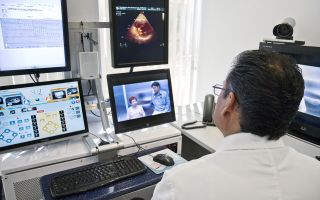
A phone call a day keeps the doctor away?
Mille Cummins discusses the rise of telemedicine, and whether it will continue after the pandemic.
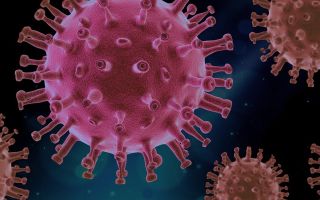
Have we misunderstood COVID-19?
The more we treat COVID, the more we learn about how it wreaks such devastation on the human body. Boglarka Kenedi outlines the research on a new aspect of the virus, which could revolutionise treatment.

Are ‘whitewashed’ medical textbooks putting black lives at risk?
Amelia Cummins discusses the potential medical risks black people could face due to underrepresentation in textbooks and literature
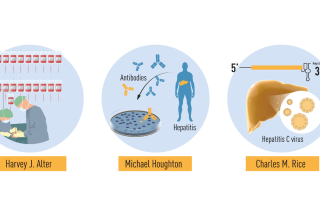
Nobel Prize awarded to scientists who discovered Hepatitis C
Read more about the Nobel Prize winners and their fundamental discovery of the Hepatitis C virus

Pharmacist service could save NHS £651 million
Researchers at The University of Manchester have developed a pharmacist-delivered service to support patients taking long-term medication, which will increase health and reduce overall costs
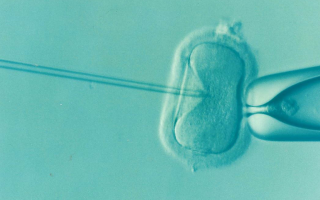
Study shows IVF birth weights are on the rise
University of Manchester research has discovered IVF birthweights are up by 10% on average compared to 25 years ago
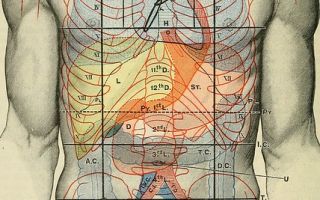
Organs on the wrong side of her body
Despite having her appendix removed, the 99-year-old woman never discovered her medical abnormality
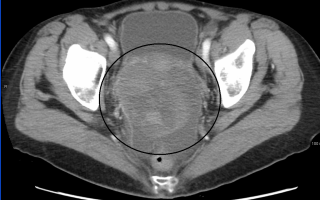
New drugs developed to treat ovarian cancer
Led by Professor Stephen Taylor, University of Manchester researchers have found promising leads in their hunt to tackle ovarian cancer

What does Parkinson’s disease smell like?
New research from the University of Manchester has revealed correlation between skin odour and Parkinson’s
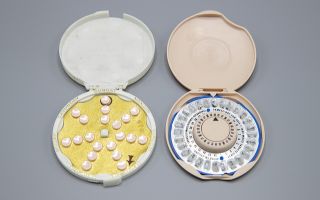
Male contraception: where are we now?
Despite the high demand for more male contraception, the development of gels or pills for men has a long way to go before they hit the shelves.

Genetically awake: Insomnia linked to genes
Researchers have linked 57 gene regions to insomnia, revealing new potential target areas for treatment to this increasingly prevalent condition

Naltrexone: the stigma surrounding treatments for substance abuse
Despite the lack of adverse side effects, Naltrexone is underprescribed by GPs to treat substance abuse – possibly locking thousands out of recovery
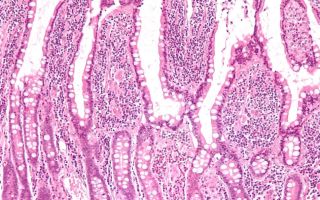
Crohn’s vs Crohn’s: how infected cells are helping us beat the disease
Researchers have innovated a new cell therapy technique that uses harvested cells from a patient suffering from Crohn’s to treat their condition.
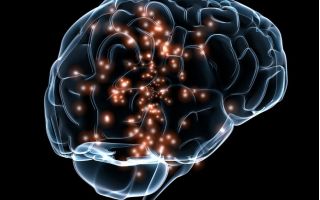
Researchers map Alzheimer’s Disease
Researchesr from Manchester have been involved in the largest ever map of Alzheimer’s and its impacts on the human brain.
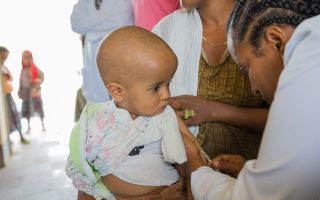
Measles outbreaks threaten public health
Anti-vaxxerss have been blamed for a global outbreak of measles

Chinese New Year special: science and the pig
Chinese New Year is right around the corner, and contributor Ella Gerry takes the opportunity to explore the significance of the pig in science research.
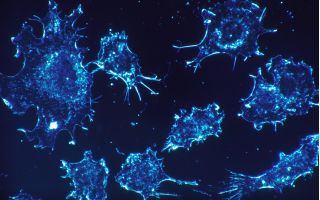
Testing for cancer with nanoparticles
The research could help with early cancer detection
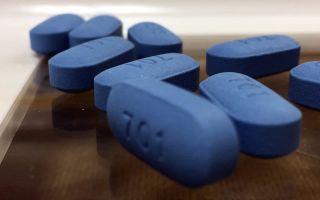
Drugs to PrEPare for HIV
PrEP can be reduce the risk of catching HIV by 99%